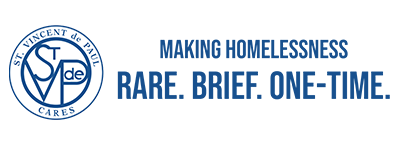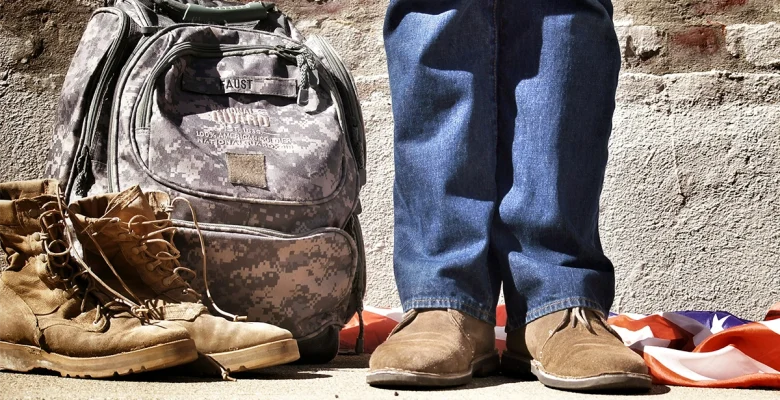Homelessness among veterans is a distressing reality that reflects the gaps in support systems for those who have served their nation. Amid the challenges they face, perhaps none is as critical as the spectrum of health issues that afflict them. From physical injuries sustained in combat to mental health disorders exacerbated by trauma and societal neglect, homeless veterans battle a plethora of health challenges that demand urgent attention and comprehensive solutions.
Physical Health Challenges
Many homeless veterans grapple with a myriad of physical health issues, often stemming from their time in service. Service-related injuries, such as limb loss, traumatic brain injuries (TBI), and chronic pain, are prevalent among this population. These conditions not only impede their ability to work and secure stable housing but also exacerbate their vulnerability on the streets. Additionally, the lack of consistent healthcare access further compounds these issues, leading to untreated illnesses and exacerbated conditions.
Mental Health Struggles
The invisible wounds of war haunt many homeless veterans in the form of mental health disorders. Post-Traumatic Stress Disorder (PTSD), depression, anxiety, and substance abuse disorders are alarmingly common in this demographic. The trauma of combat experiences coupled with the challenges of reintegrating into civilian life without adequate support contribute to these mental health struggles. Homelessness exacerbates these conditions, creating a cycle where untreated mental illness perpetuates unstable living situations, and vice versa.
Barriers to Healthcare
Accessing healthcare remains a significant challenge for homeless veterans. Many face bureaucratic hurdles, lack identification or insurance, or simply cannot afford medical care. Moreover, the stigma associated with mental health issues often prevents individuals from seeking help. As a result, preventive care is neglected, and treatable conditions escalate into crises, further deepening the health disparities within this population.
Substance Abuse & Addiction
Substance abuse disorders are prevalent among homeless veterans, often serving as a coping mechanism for untreated mental health issues or chronic pain. Substance abuse not only exacerbates existing health problems but also increases the risk of homelessness through strained relationships, financial instability, and legal issues. Addressing substance abuse requires comprehensive support systems that integrate mental health services, housing assistance, and addiction treatment programs.
Recognize & Prioritize the Health & Well-Being of Homeless Veterans
The health issues facing homeless veterans are complex and deeply intertwined with their service experiences, socioeconomic factors, and systemic failures. Addressing these challenges requires a multifaceted approach that combines accessible healthcare, affordable housing, employment opportunities, and comprehensive support services tailored to the unique needs of veterans. As a society, we owe it to those who have served our country to ensure that they do not continue to suffer on the streets, battling health issues that are often overlooked and neglected. It is imperative that we recognize and prioritize the health and well-being of homeless veterans, providing them with the care and support they deserve as they navigate the journey toward stability and recovery.

